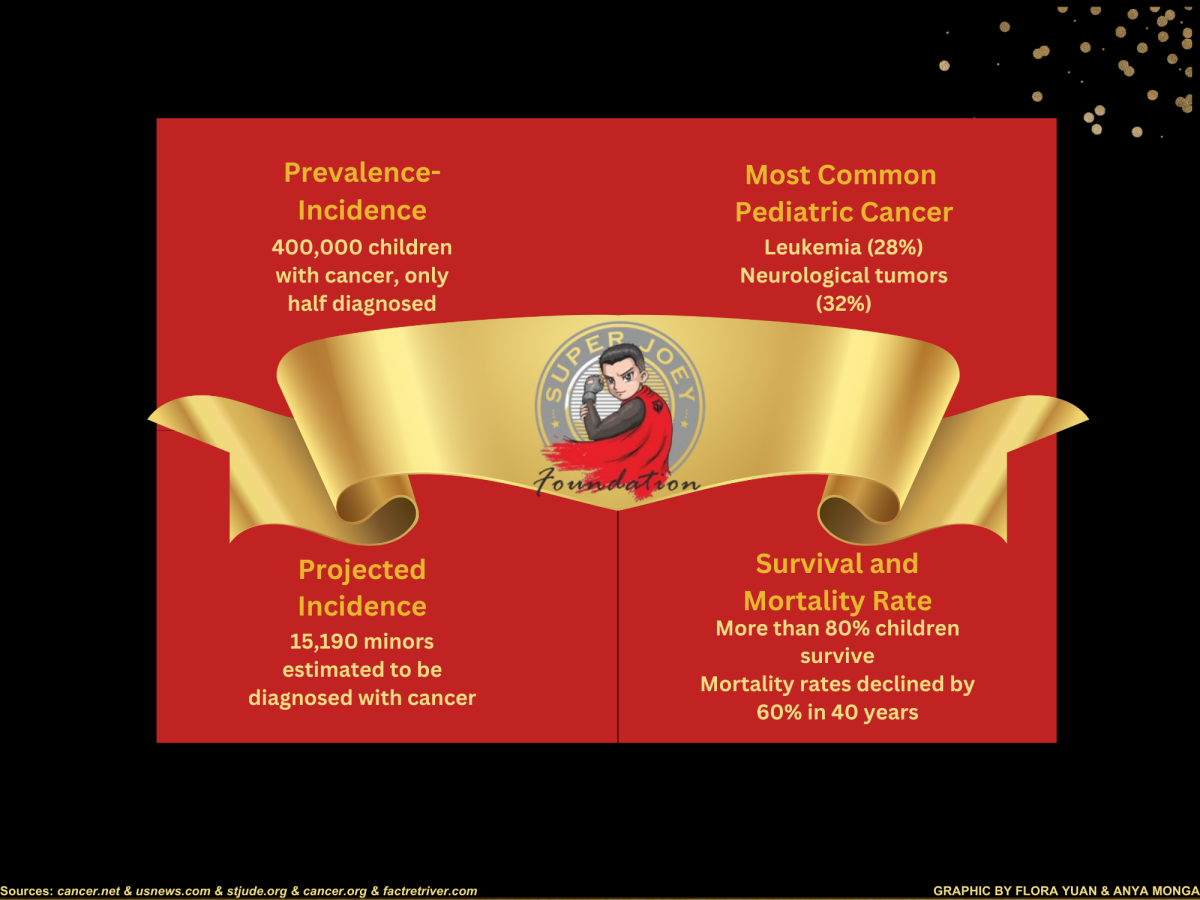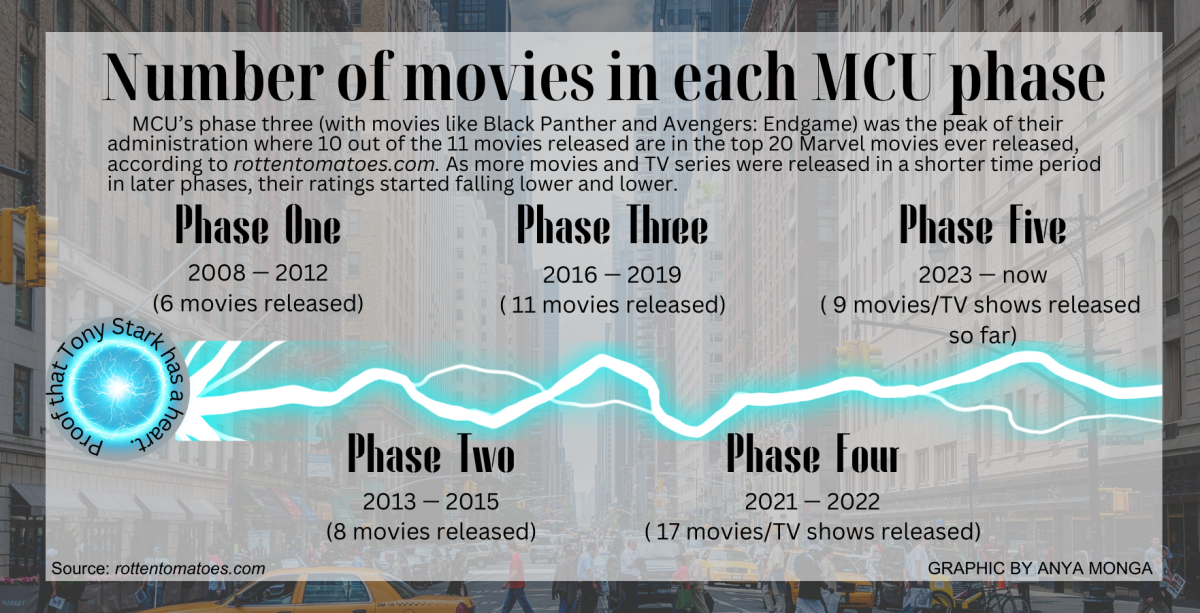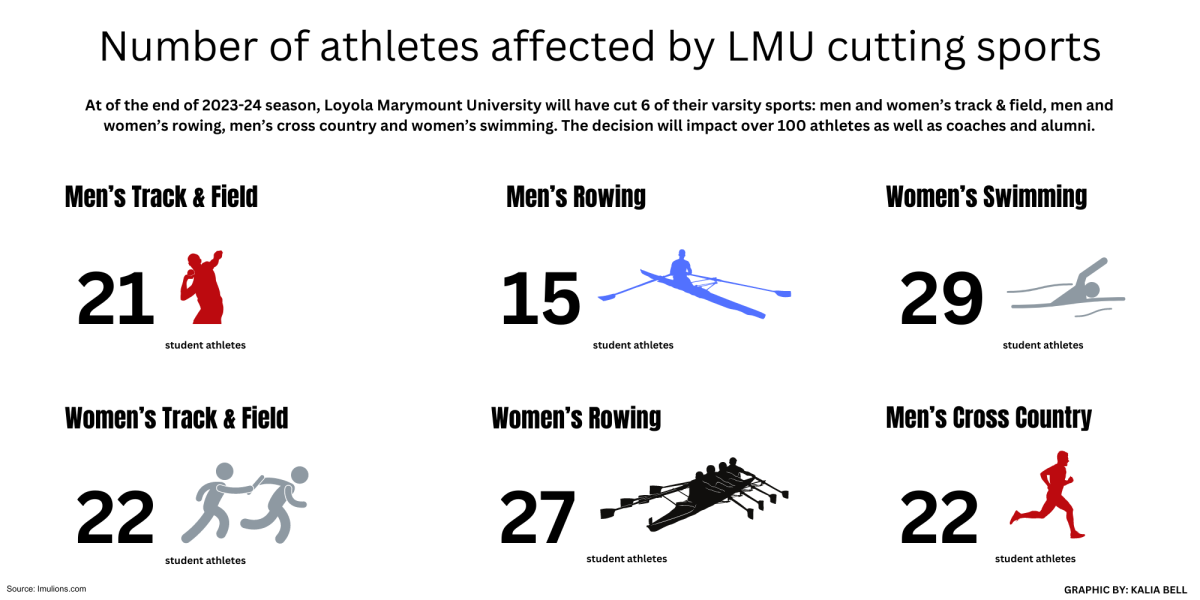Imagine you are in your English class, frantically scribbling down every sentence you can before the bell rings in seven minutes, when you realize that you started your period. You run down to the bathroom and soon realize that you forgot your coins for the feminine product dispenser. Your only solution is to use toilet paper as a substitute pad, tie your sweatshirt around your waist and go back to class, hopefully finishing your English essay on time; however, your mind is consumed with the anxiety of making sure you aren’t bleeding through your pants.
This is the reality that many students around the world face, including here at WHS.
Because a lack of accessible feminine hygiene products risks equal education and is unfair to those of lower socioeconomic class, these products should be freely and readily available in WHS bathrooms.
One group of students is largely affected by the lack of feminine products in school bathrooms: the slightly less than one in five children living in families below the federal poverty line in 2017, according to nonprofit research center Child Trends. These students may not be able to purchase their own products and therefore rely on the school’s stock.
With products in WHS’s bathrooms costing 25 cents, some assume that everyone is able to pay. However, constantly having to pay this cost every day of the week each month for four years of high school eventually adds up, especially for lower-income students, which deepens the socioeconomic disparity.
Additionally, girls are disproportionately affected by the issue of a lack of accessible period products.
According to Women’s eNews, in the United States, “nearly 14% of girls and women live below the poverty line compared to just 11% of boys and men, [making it] crucial for menstrual equity to exist.” This increases the socioeconomic disadvantage for women since generic menstrual products range anywhere from around six to ten dollars, making the total lifetime cost around $400-2,000, not including paying for 25-50 cent products in school bathrooms, which many students depend on.
While some may argue that this change would be costly for WHS to implement, there are a wide range of sources that this money could come from, including parking permit fees, ASG fundraisers or donations from the PTA. Another point that opponents bring up is the potential for increased vandalism in school bathrooms involving these products. However, if steps were taken to depict the significance of having menstrual products more accessible, students would not take advantage of them since they would understand the value of this opportunity for students.
Furthermore, if feminine hygiene products are unavailable to students, some who could not pay for the dispenser would be unable to go back to class and forced to go home, missing important class time such as lectures and tests. This causes the education of those who get periods to be unequally threatened compared to those without periods, demonstrating the importance of having products available and improving inclusivity at WHS.
Also, some teachers give incentives when students don’t use the restroom, such as unused bathroom passes being added as extra credit at the end of the semester. This is unfair towards students who start their period or need to change their product in the middle of class, since they are forced to forfeit their seemingly-given opportunity for extra credit. This metastasizes this issue from hygiene to academics, putting those without periods at an unfair advantage over those with.
Many no doubt understand the awkwardness of having to take a backpack or pouch with them to the bathroom in the middle of class, typically followed by obvious smirks and whispers from knowing classmates. Those who experience periods have enough issues to deal with – including cramps, headaches, bloating and other symptoms – stressing all the more why the student body should be embracing one another rather than making people feel embarrassed or ashamed of an innate bodily function. By providing period products in the bathrooms for free, students could avoid this issue altogether since it would eliminate the need to take their own products from the classroom to the stall.
While some believe the simple solution is just to go to the nurse’s office for free products, which would presumably spare embarrassment, this would actually do the opposite. Not only would it be embarrassing to have to explain your situation to staff and students sitting in the office and have an obvious exchange of products right in front of everyone present, but it would also mean losing out on more valuable learning time due to the far walk to and from the office. Rather than creating a bigger hassle for students, the simple solution is to fully stock the product dispenser with free products.
Since a lack of available period products endangers equal education and puts those of lower socioeconomic class at a disadvantage, these products should be freely accessible in WHS bathrooms. No student should have to pay for feminine hygiene products because it is a natural body process that many are forced to endure once a month, all year long.























